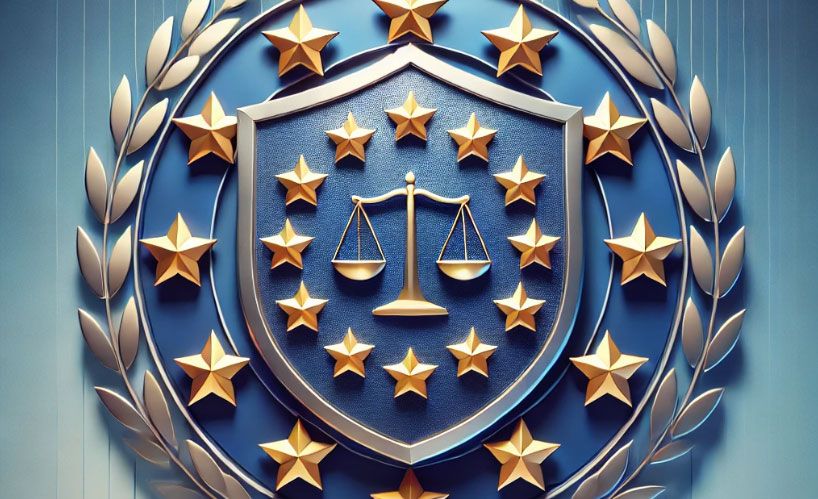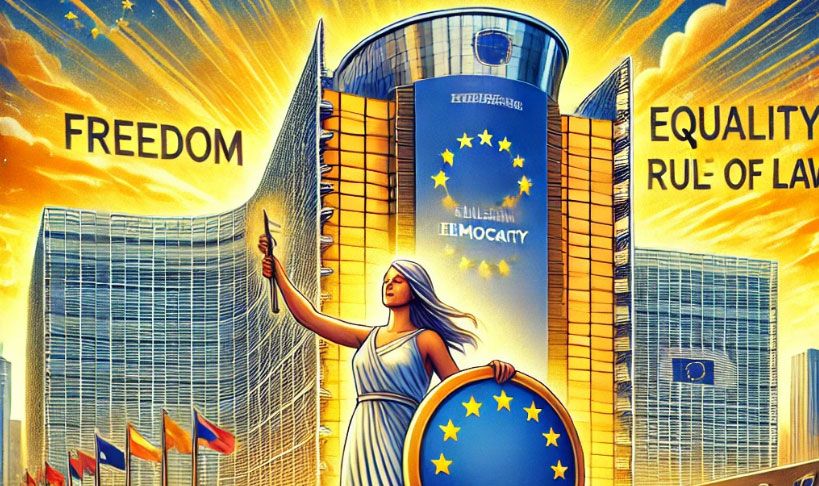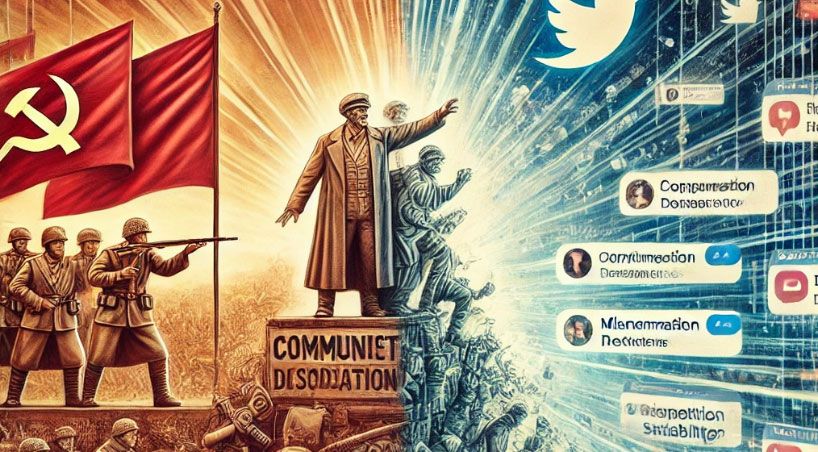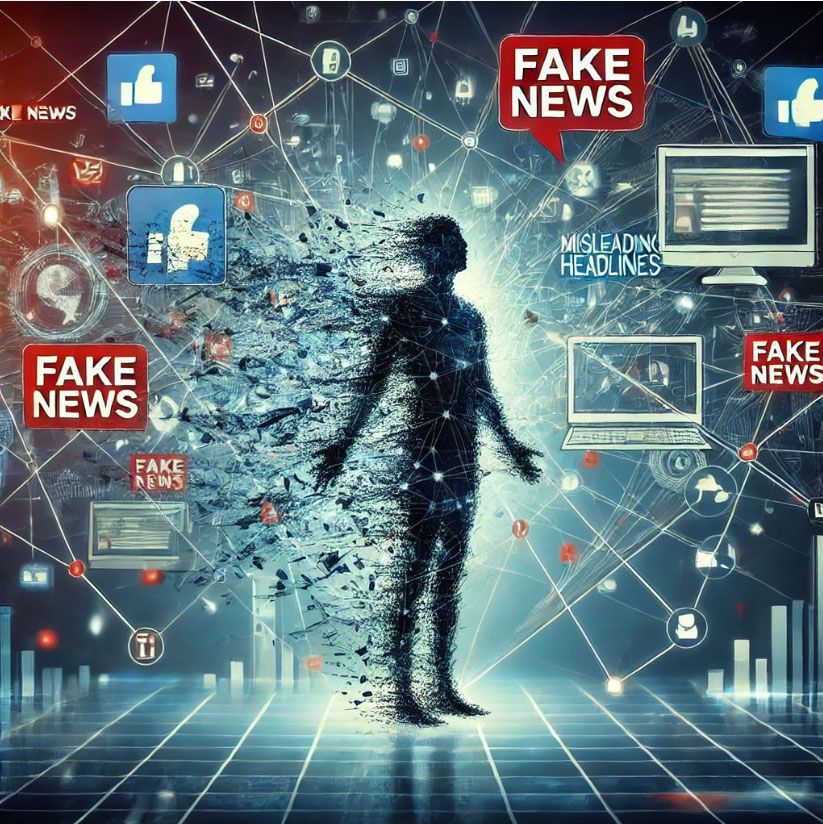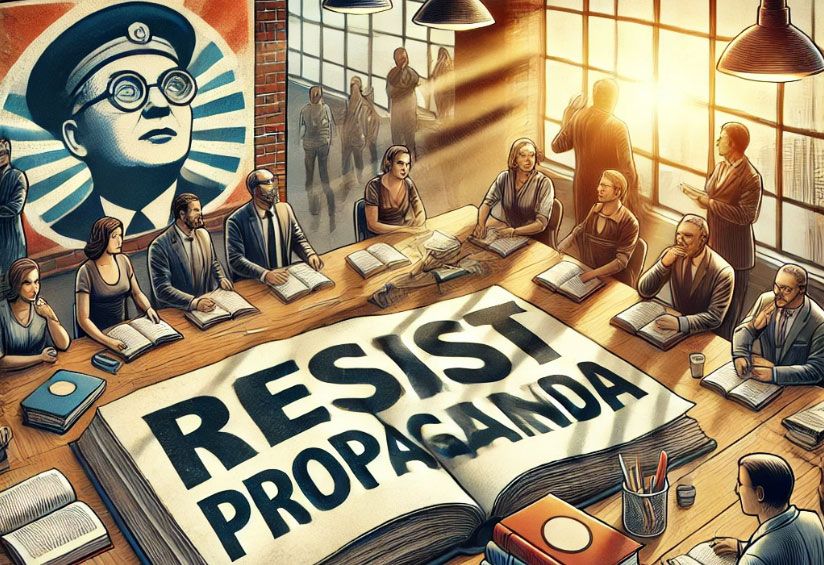1. Historical Context: Feudalism vs. Neo-Feudalism
Historical Feudalism
- In medieval times, feudalism was defined by a rigid hierarchy: powerful landowners controlled resources, while peasants worked in exchange for protection. Religious and cultural narratives justified this concentration of power.
- Source: Bloch, Marc. "Feudal Society." Routledge, 1989.
Neo-Feudalism
- Today’s “lords” dominate not land, but digital platforms, global markets, and the flow of information. Billionaires like Jeff Bezos and Elon Musk illustrate this dominance—controlling not just commerce, but media and public discourse.
- Example: Jeff Bezos’s ownership of Amazon and The Washington Post showcases his dual influence over commerce and media. Similarly, Elon Musk’s control of Twitter (now X) has amplified his ideological reach.
- Russia’s Role: There is growing evidence of Russia’s involvement in fostering South African billionaires from apartheid-era backgrounds, leveraging their influence to spread white supremacist ideologies and secure geopolitical leverage.
- Source: Kuttner, Robert. "Can Democracy Survive Global Capitalism?" W.W. Norton & Company, 2018.
2. Disinformation as a Tool for Consolidation of Power
Manufactured Distrust
- Disinformation thrives by eroding trust in democratic institutions, creating societal divisions that leave the public vulnerable to elite manipulation.
- Example: Russian interference in the 2016 U.S. election intensified political polarization, enabling tech billionaires to portray themselves as neutral innovators above partisan conflicts.
- Source: Howard, Philip N., and Bradshaw, Samantha. "The Global Disinformation Order: 2019 Global Inventory of Organised Social Media Manipulation." University of Oxford, 2019.
Astroturf Movements
- Billionaires often fund fake grassroots movements to manufacture public support for their agendas.
- Example: The Koch brothers financed organizations that spread climate misinformation to protect fossil fuel interests.
- Source: Mayer, Jane. "Dark Money: The Hidden History of the Billionaires Behind the Rise of the Radical Right." Doubleday, 2016.
Cultural Weaponization
- Disinformation glorifies wealth and blames poverty on individual failings, masking systemic inequities.
- Example: The myth of the “self-made billionaire” obscures how systemic advantages perpetuate inequality.
- Source: Reich, Robert B. "The System: Who Rigged It, How We Fix It." Knopf, 2020.
3. The Role of Technology and Media
Social Media Platforms
- Algorithms that prioritize sensational content often amplify disinformation, steering narratives toward oligarchic interests.
- Example: Facebook’s role in the Cambridge Analytica scandal highlighted how user data was weaponized to manipulate elections.
- Source: Cadwalladr, Carole. "The Great Hack." The Guardian, 2018.
AI and Surveillance
- Technologies like AI are increasingly used to spread targeted disinformation and suppress dissent, creating a “digital serfdom.”
- Example: China’s Social Credit System shows how technology can enforce compliance, while predictive analytics manipulate consumer behavior.
- Additional Detail: Emerging tools like deepfakes and generative AI further complicate the battle against disinformation. Deepfakes have been used to create realistic yet entirely false videos that undermine public trust. Generative AI, such as large language models, can mass-produce misleading content at scale, eroding truth in digital spaces.
- Source: Zuboff, Shoshana. "The Age of Surveillance Capitalism." PublicAffairs, 2019.
Blockchain and Decentralized Solutions
- Emerging technologies like blockchain offer potential countermeasures to disinformation. Blockchain-based verification systems can enhance transparency by validating the authenticity of digital content.
- Example: Projects like the Content Authenticity Initiative (CAI) aim to create a verifiable chain of custody for online images and videos, making it easier to identify manipulated media.
- Source: Content Authenticity Initiative. "CAI Projects and News."
Social Media Platforms
- Algorithms that prioritize sensational content often amplify disinformation, steering narratives toward oligarchic interests.
- Example: Facebook’s role in the Cambridge Analytica scandal highlighted how user data was weaponized to manipulate elections.
- Source: Cadwalladr, Carole. "The Great Hack." The Guardian, 2018.
AI and Surveillance
- Technologies like AI are increasingly used to spread targeted disinformation and suppress dissent, creating a “digital serfdom.”
- Example: China’s Social Credit System shows how technology can enforce compliance, while predictive analytics manipulate consumer behavior.
- Source: Zuboff, Shoshana. "The Age of Surveillance Capitalism." PublicAffairs, 2019.
Media Ownership
- A handful of billionaires dominate media ownership, steering public discourse to align with their interests.
- Example: Rupert Murdoch’s News Corp consistently promotes narratives favoring its owner’s agenda.
- Source: McChesney, Robert W. "Rich Media, Poor Democracy: Communication Politics in Dubious Times." The New Press, 2015.
4. Psychological and Societal Impacts
Normalization of Inequality
- Propaganda normalizes extreme wealth disparities, portraying them as inevitable or even desirable.
- Example: Stories of billionaire success often ignore the systemic barriers others face.
- Source: Piketty, Thomas. "Capital in the Twenty-First Century." Harvard University Press, 2014.
Erosion of Collective Action
- Disinformation divides grassroots movements, making it harder to mobilize against inequality.
- Example: Anti-union campaigns often frame unions as corrupt or ineffective.
- Source: Tufekci, Zeynep. "Twitter and Tear Gas: The Power and Fragility of Networked Protest." Yale University Press, 2017.
Public Health and Climate
- Misinformation in public health and climate science delays necessary reforms, disproportionately harming vulnerable populations.
- Source: Oreskes, Naomi, and Conway, Erik M. "Merchants of Doubt." Bloomsbury Press, 2010.
5. Reclaiming Power: Countering Neo-Feudal Narratives
Grassroots Resistance
- Digital activism groups like the North Atlantic Fellas Organization (NAFO) combat disinformation through humor and coordinated efforts, illustrating the power of grassroots action.
- Example: NAFO’s campaigns effectively counter Russian propaganda online.
- Source: Greenhouse, Steven. "Beaten Down, Worked Up: The Past, Present, and Future of American Labor." Knopf, 2019.
Policy Solutions
- Stronger regulations, like the EU’s Digital Services Act, aim to curb disinformation and break up monopolistic practices.
- Source: European Commission. "Digital Services Act." ec.europa.eu, 2020.
Media Literacy
- Education initiatives that teach critical thinking help individuals resist disinformation.
- Example: Finland’s media literacy programs have significantly reduced susceptibility to misinformation.
- Source: Jakubowicz, Karol. "A New Notion of Media Literacy in the Digital Era." Council of Europe, 2019.
Call to Action
The fight against disinformation and the rise of neo-feudalism demands action from all of us:
- Stay Informed: Follow reliable sources and fact-check before sharing.
- Support Transparency: Advocate for stronger oversight of tech platforms and media monopolies.
- Engage Locally: Join grassroots movements that promote media literacy and combat inequality.
- Educate Others: Share tools and resources to empower your community.
- Demand Accountability: Push policymakers to enact regulations addressing disinformation.
By working together, we can challenge the forces that threaten democracy and ensure a fairer, more equitable society.
Conclusion
Unchecked disinformation poses an existential threat to democracy, paving the way for a neo-feudal world where a small elite dominates at the expense of the many.
Billionaires leveraging disinformation campaigns, technology, and media ownership are reshaping societal structures to concentrate power and wealth further.
But this trajectory is not inevitable. Collective action, education, and robust policies can disrupt these patterns. Grassroots movements like NAFO, policy frameworks like the EU’s Digital Services Act, and widespread media literacy efforts demonstrate that resistance is both possible and effective.
The fight against disinformation is a fight for the soul of democracy. It is a fight to ensure that truth, equality, and justice prevail over manipulation and inequality. Each of us has a role to play, whether through educating others, advocating for accountability, or challenging disinformation in our daily lives.
This is a pivotal moment. By standing together and taking decisive action, we can safeguard democratic values, dismantle the structures of neo-feudalism, and create a future where power is shared, and opportunities are equitable.
The time to act is not just now—it is critical. Unchecked disinformation risks creating a neo-feudal world where a few billionaires wield enormous power at the expense of democratic values. However, collective action, education, and strong policies can disrupt these patterns.
A better future is possible—one where democracy thrives and power is shared. The time to act is now.



